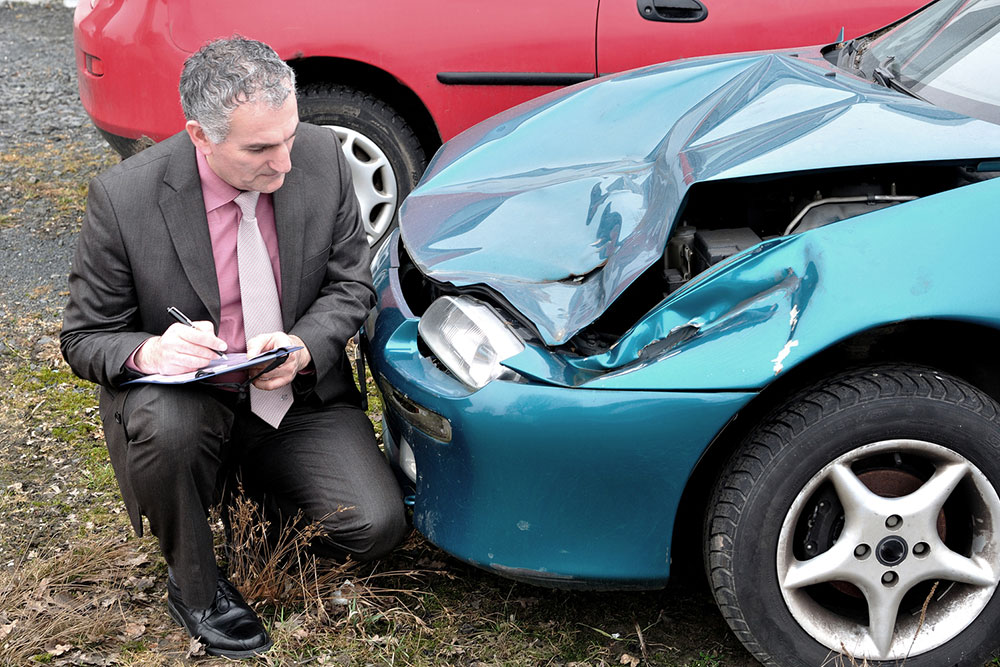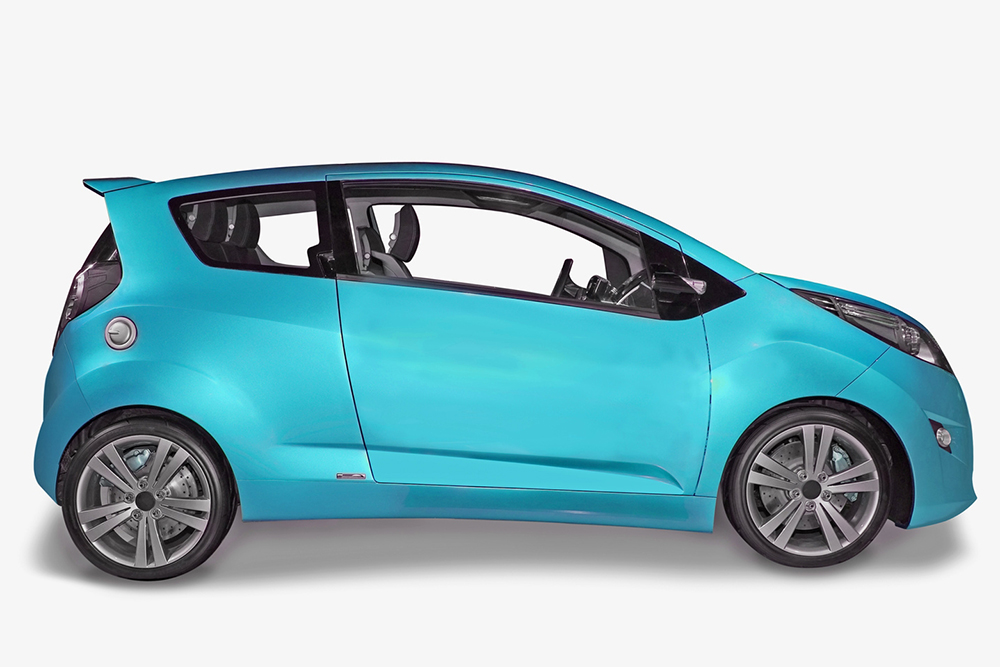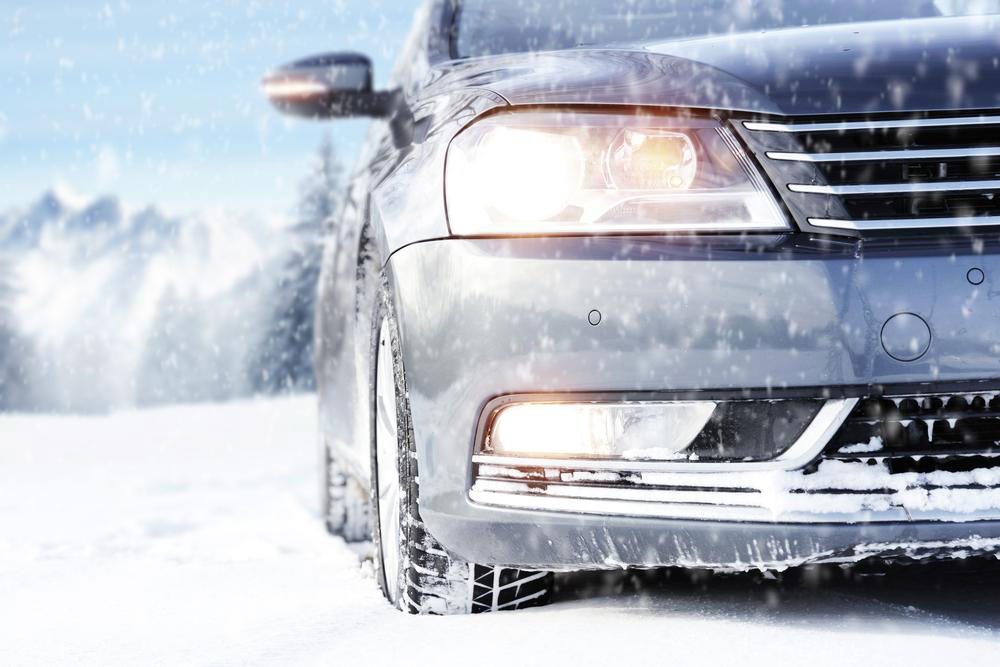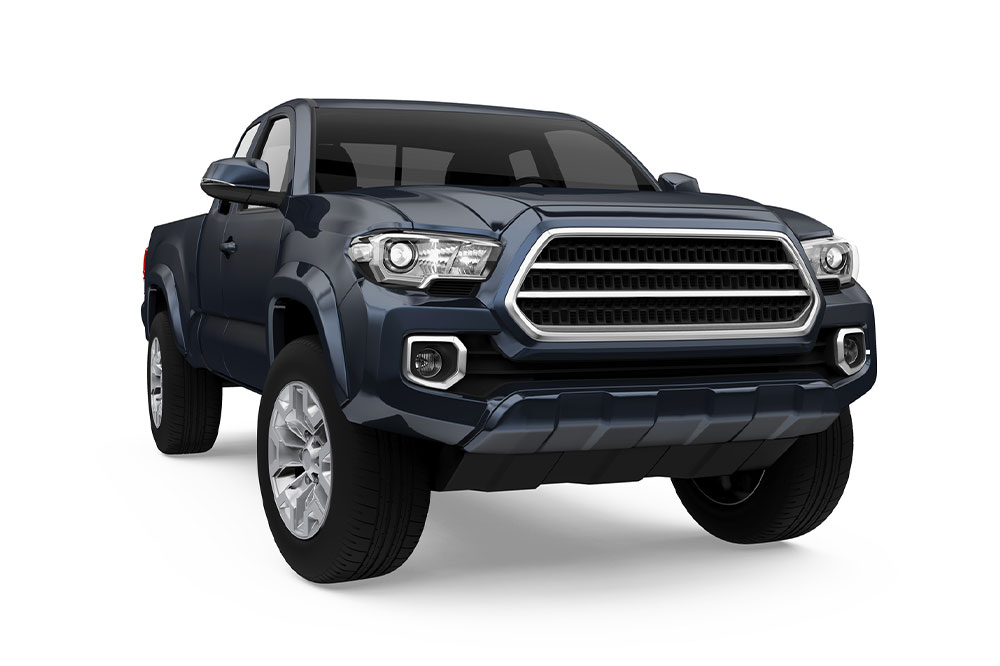Understanding Your Auto Insurance Coverage
This article explains the key components of auto insurance policies, including liability, uninsured motorist coverage, comprehensive and collision protection. Understanding these coverages helps drivers select suitable plans and ensures proper financial protection against damages and accidents. The information also highlights the importance of consulting with insurers for detailed policy terms and coverage limits, making it a valuable resource for anyone looking to comprehend auto insurance essentials.
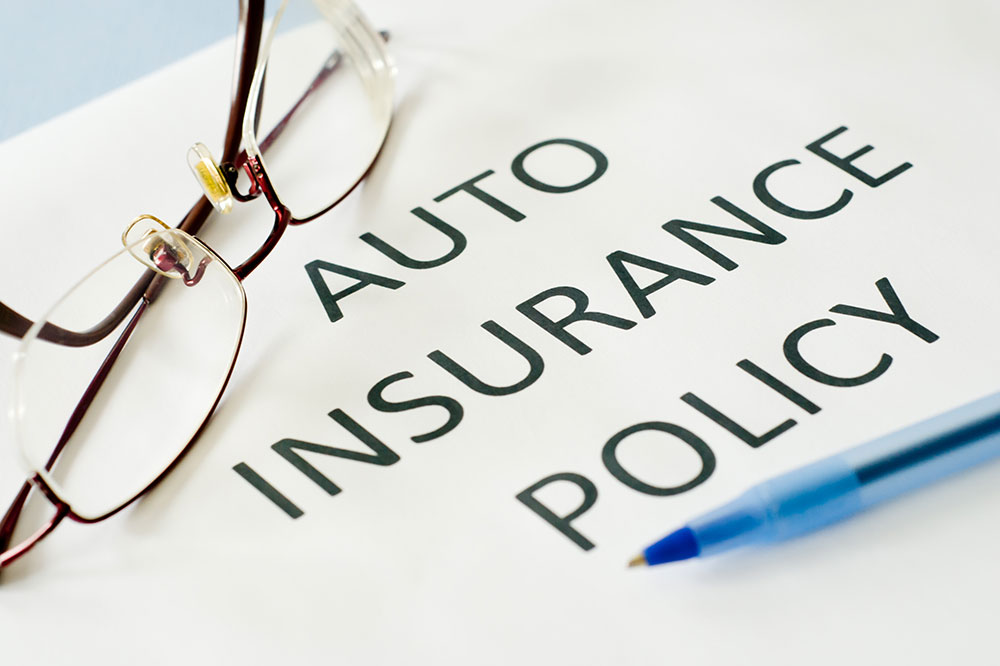
Understanding Your Auto Insurance Coverage
Auto insurance is a legal requirement in most regions for anyone operating a vehicle, whether owned or rented. It provides essential protection against financial liabilities resulting from accidents. Coverage typically includes damages to your vehicle, injuries to involved parties, and sometimes legal expenses if claims/legal action arise. Many insurers offer the convenience of purchasing policies online. Before selecting a plan, it's important to understand what types of coverage are included and what they protect against.
Liability Protection
Liability coverage handles damages and injuries caused to others in an accident where you are at fault. This includes property damage and medical expenses for third parties. It does not cover your own vehicle or injuries. This is a standard part of most auto insurance policies and ensures you are financially protected from claims made by injured parties.
Protection Against Uninsured Drivers
Uninsured motorist coverage safeguards you if involved in an accident with a driver lacking insurance or underinsured. It covers damages and injuries, preventing you from bearing costs due to someone else's lack of coverage.
Comprehensive and Collision Policies
Comprehensive coverage pays for damages resulting from non-collision events such as theft, vandalism, fire, or weather-related incidents like storms or falling objects. Collision coverage, on the other hand, covers repairs after a collision with an object or another vehicle, ensuring your vehicle's damages are taken care of during accidents involving impacts. These coverages may have deductibles, limits, and additional costs like towing or rental reimbursements, which vary by policy and provider. Consulting your insurer is recommended for full details.
Note that medical expenses for you or your passengers are generally not included in comprehensive or collision coverage and may require separate health insurance or medical coverage.

